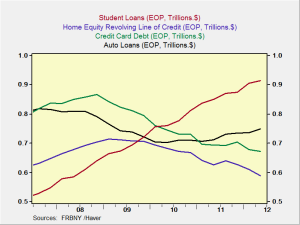I am old enough to remember the last time an Asian economic superpower was going to take over the U.S. Back in the day, we heard a lot about how Japan was inevitably going to overtake the U.S. because of its superior work ethic, economic efficiency, and availability of low-cost capital because of high savings rates—and particularly how its government was so much better at managing its economy through agencies like MITI. Loud cries were heard that the U.S. needed to heed the lessons of Asia and become more like the Japanese. Does this sound familiar today?
Unfortunately, in many respects, we have become more like the Japanese. But that is the subject of another post. What I want to talk about right now are the similarities between China and Japan, especially about how Japan never looked as invincible as it did just before its two lost decades started.





